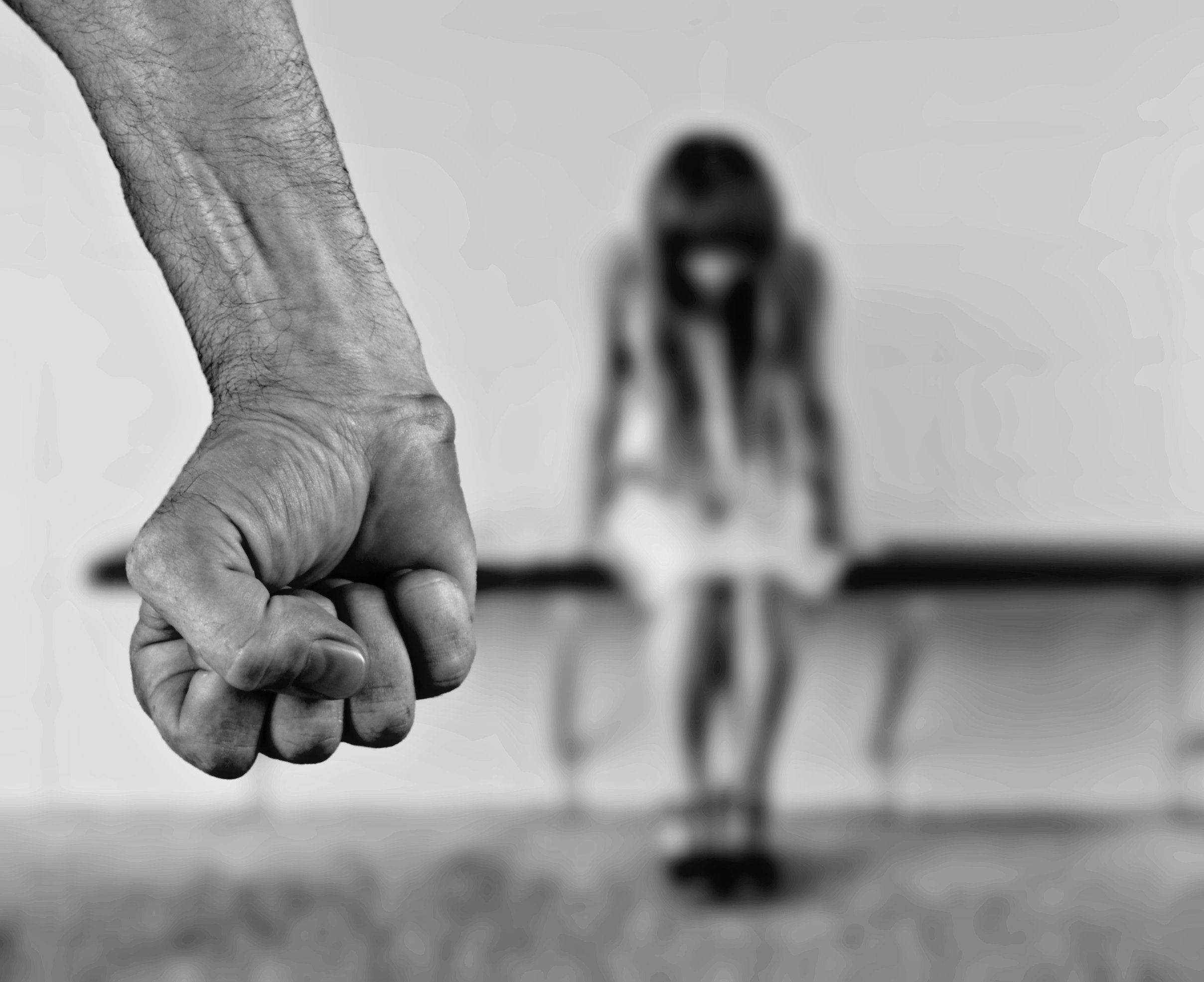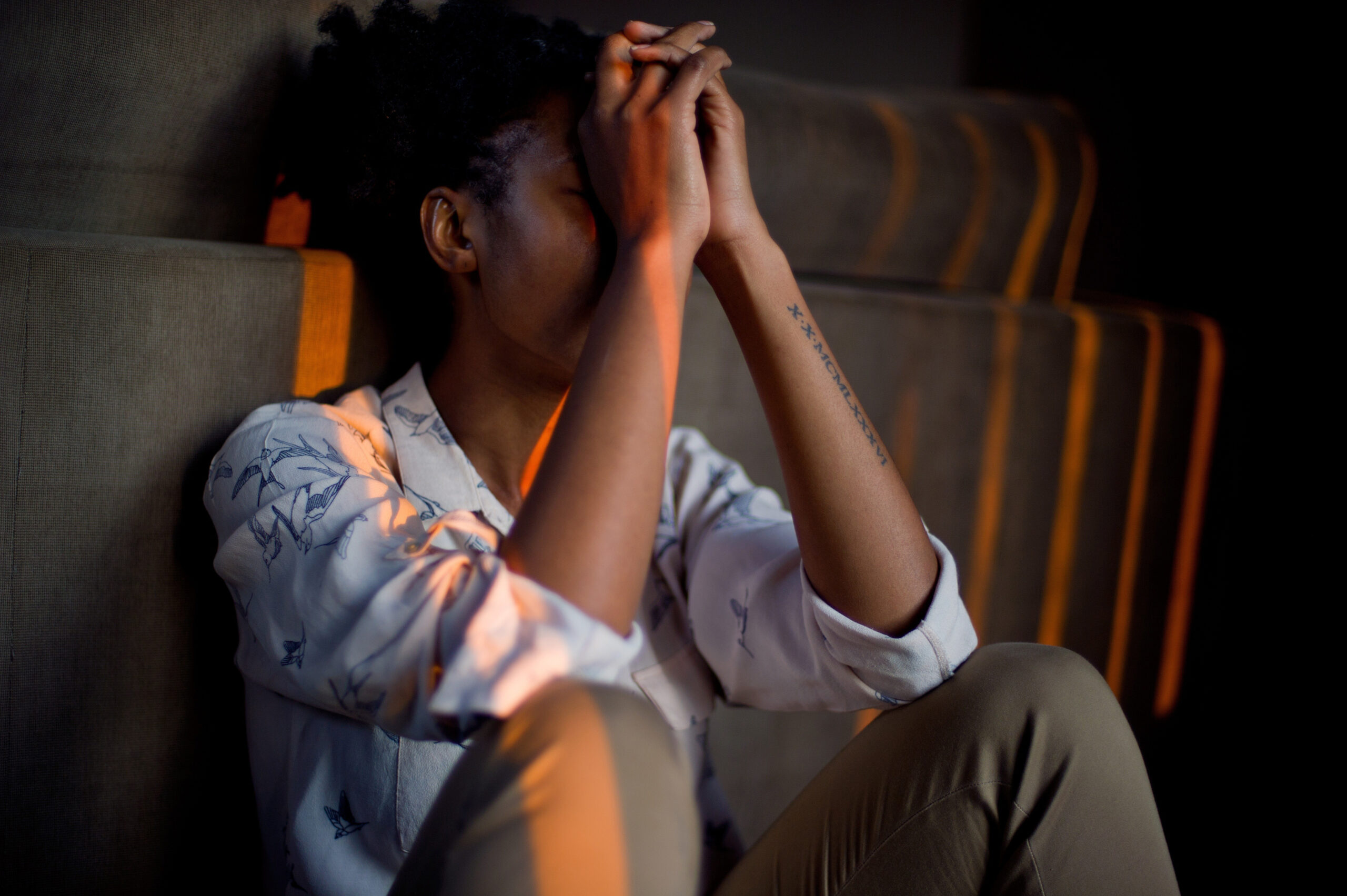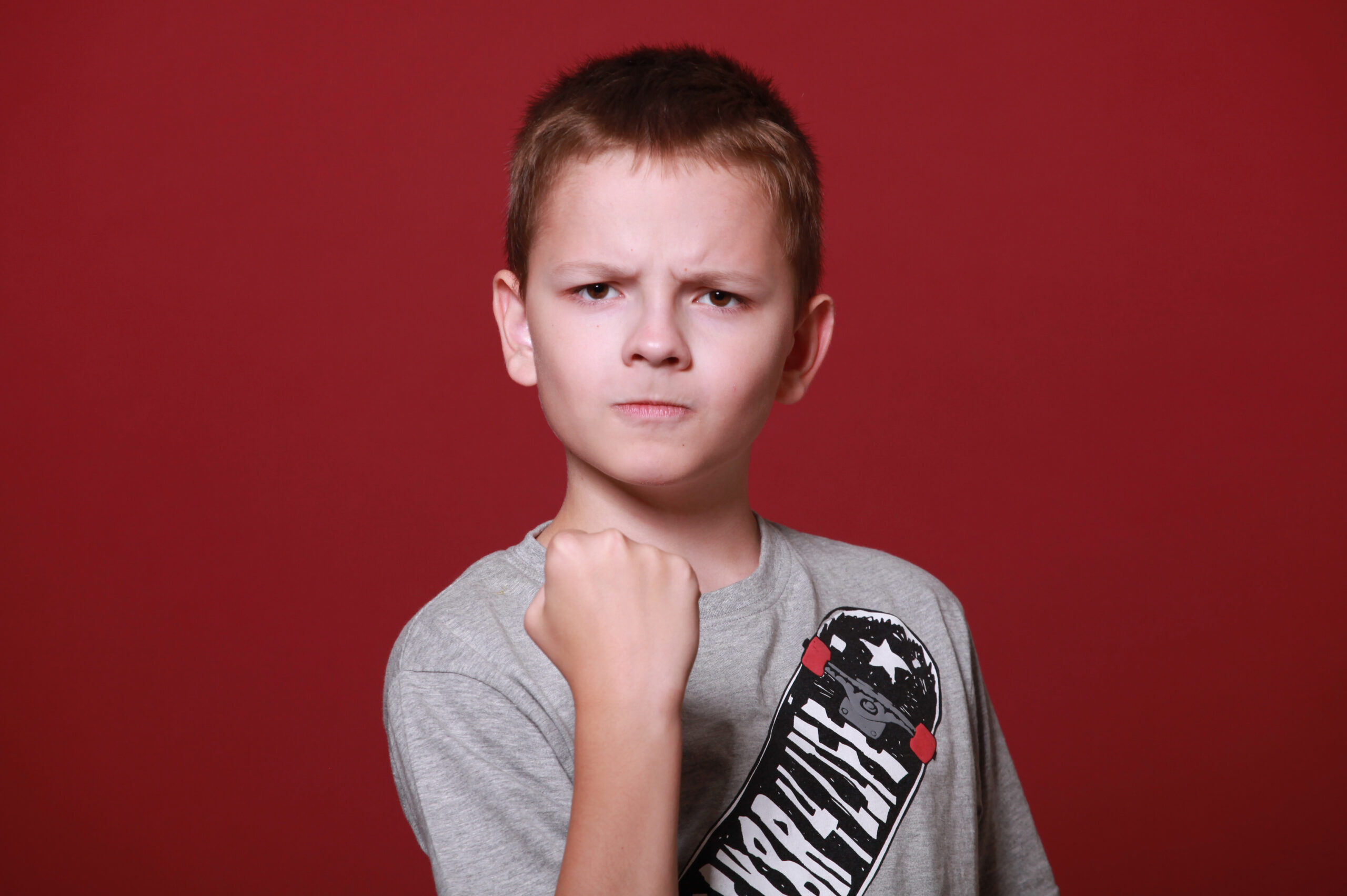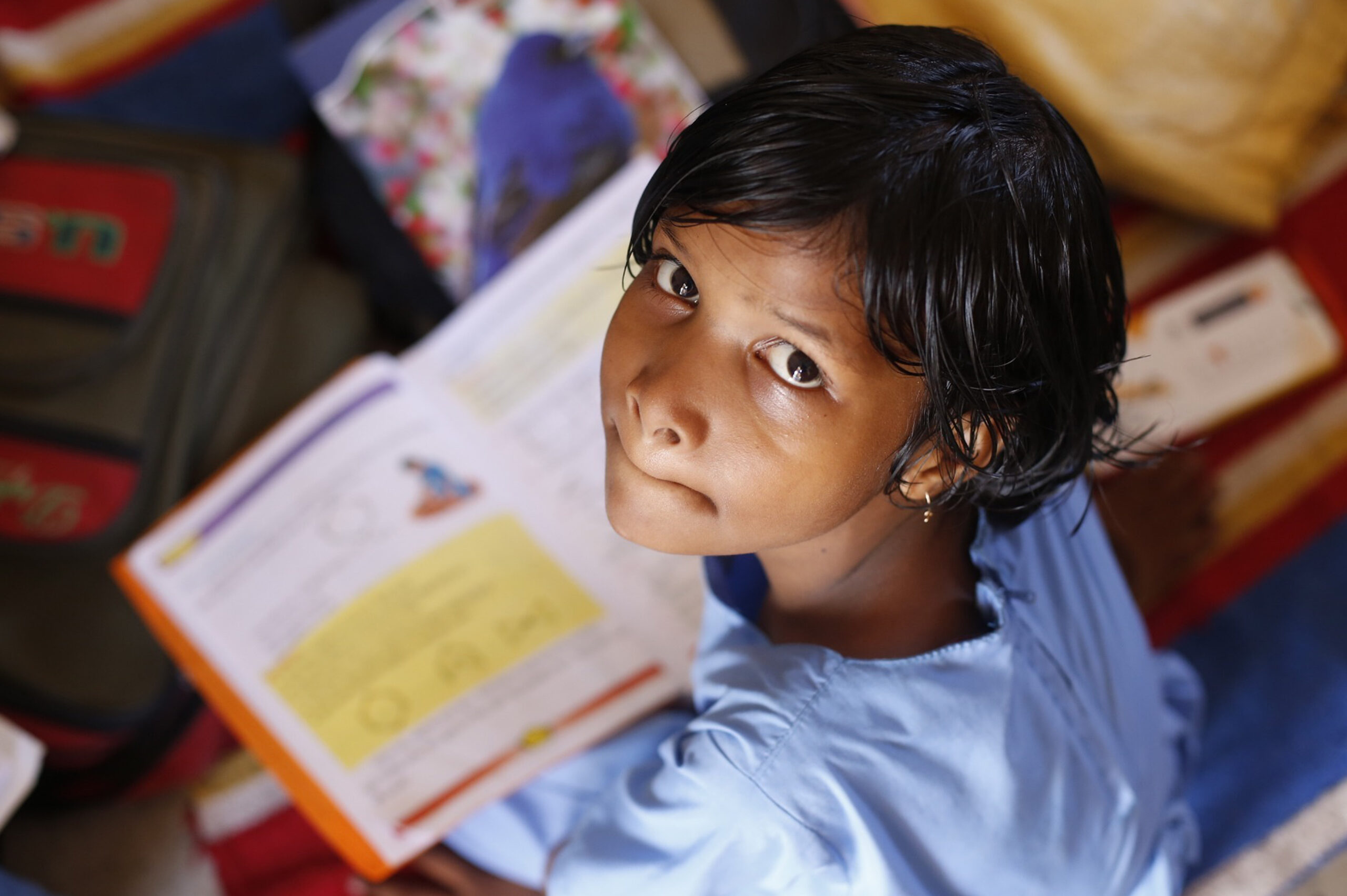The Consequences of Family Violence
Family violence knows no age limit. It can start as early as childhood, and those childhood experiences can have an effect throughout a victim’s life and spread throughout the family. A father who abuses his daughter while her sister watches can have a lasting impact on both girls. Mental health issues, social isolation, substance abuse, bad behavior, academic decline, and being in bad relationships are all consequences of family violence, and women experience violence more than men do (Cohen, 2020, p. 462-463).
In today’s society, however, there are some positives. It is now socially acceptable to leave an abusive partner. This has not always been the case. Not that long ago, it was expected for a woman to stick with a relationship “for better or worse” leaving her to suffer long-term abuse. Today, a victim can leave an abusive relationship without reprisals from society. In fact, today’s cultural norms encourage victims to find a safer environment for themselves and their children.
You may have seen the ‘man or bear’ question that went viral on TikTok earlier this year. Women were asked if they would rather be alone in the woods with a man or a bear, and most women leaned towards the bear. This ‘debate’ has opened up a way for women to freely talk about their experiences and fears of violence perpetrated by men.
The #MeToo movement, which began in 2006, has also opened up avenues of conversation, encouraging women to speak out against sexual violence and help them on their journey of recovery (me too, 2024). And people like Jackson Katz, a social theorist, promote programs and resources that encourage gender equality between men and women (Katz, Earp, 2013).

a man’s fist and a girl in the background. image source: Alexas_Fotos at pixabay.com, used with permission

a woman sitting on a sofa. image source: author unknown at pixabay.com, used with permission
Mental Health Issues
Anxiety and depression are common mental health issues among victims of domestic violence, along with guilt and shame. PTSD (Post-Traumatic Stress Disorder) can occur in extreme situations of domestic violence and cause problems such as nightmares and flashbacks (Cohen, 2020, pp. 462-463).

an angry school-aged boy. image source: AnnaKovalchuk at pixabay.com, used with permission
Bad Behavior
Children who experience domestic violence may suffer academically due to lack of interest in school, poor concentration, and few (or even no) friends (Treatment, 1997). Grades drop and learning opportunities are missed.

a woman looking out a foggy window. image source: artbykleiton at pixabay.com, used with permission
Social Isolation
Because it is socially acceptable and considered a “norm” for families to keep private matters private and out from under the public eye, victims of family violence often suffer in isolation due to the lack of a social support system and poor social network (Bowstead, 2021).

a bottle of alcohol in a jeans pocket. image source: congerdesign at pixabay.com, used with permission
Substance Abuse
Drug and alcohol abuse are more likely to occur when the person has suffered family violence. Teens often use substances to repress memories and block the pain of the abuse (Treatment, 1997).

a girl looking up from schoolwork. image source: akshayapatra at pixabay.com, used with permission
Academic Decline
Academic performance can suffer with children who experience family violence due to no interest in school, a lack of concentration, and few, if any, friends (Treatment, 1997). Grades decline and learning opportunities are missed.

a woman sitting with a man. image source: panajiotis at pixabay.com, used with permission
Bad Relationships
People who experience family violence and develop mental health problems as a result are more likely to be in bad relationships. Family violence, particularly childhood sexual abuse, also reduces the likelihood of forming and maintaining long-term relationships (Abu et al., 2023), leading to a cycle of violence and unhappiness.